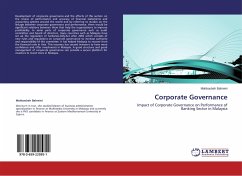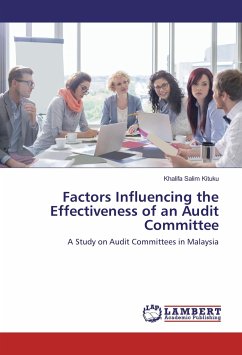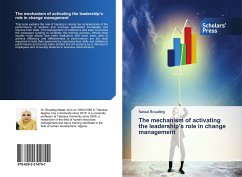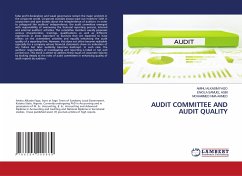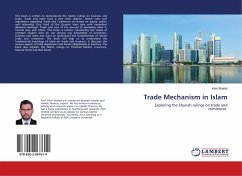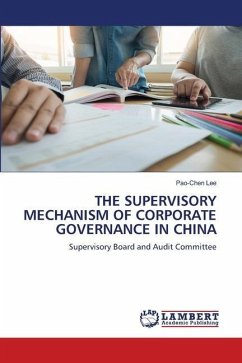
THE SUPERVISORY MECHANISM OF CORPORATE GOVERNANCE IN CHINA
Supervisory Board and Audit Committee
Versandkostenfrei!
Versandfertig in 6-10 Tagen
40,99 €
inkl. MwSt.

PAYBACK Punkte
20 °P sammeln!
As the title suggests, this book focuses on the challenges that have arisen as a result of the establishment of audit committees in Chinese public firms, which had previously been implemented alongside the pre-existing structure of supervisory boards. Even though China used a dual supervisory mechanism of Audit Committees (ACs) and Supervisory Boards (SBs) at the same time, common fraud examples existed in practice, such as Luckin Coffee (LK), which went offline owing to fraud less than a year after being listed in the United States. The Fraud at Luckin Coffee: The Rapid Rise and Downfall of C...
As the title suggests, this book focuses on the challenges that have arisen as a result of the establishment of audit committees in Chinese public firms, which had previously been implemented alongside the pre-existing structure of supervisory boards. Even though China used a dual supervisory mechanism of Audit Committees (ACs) and Supervisory Boards (SBs) at the same time, common fraud examples existed in practice, such as Luckin Coffee (LK), which went offline owing to fraud less than a year after being listed in the United States. The Fraud at Luckin Coffee: The Rapid Rise and Downfall of China's Starbucks prompted the question, "What is the problem with China's supervisory mechanism?" The major purpose of this book is to use dual systems to investigate the challenges that are currently arising in China's internal supervision mechanism. This book seeks to address two study phases to attain this fundamental goal in China's distinctive practice: 1) To understand the effectiveness of supervisory boards and audit committees in China; 2) To gain a better understanding of how supervisory boards and audit committees operate in China.




